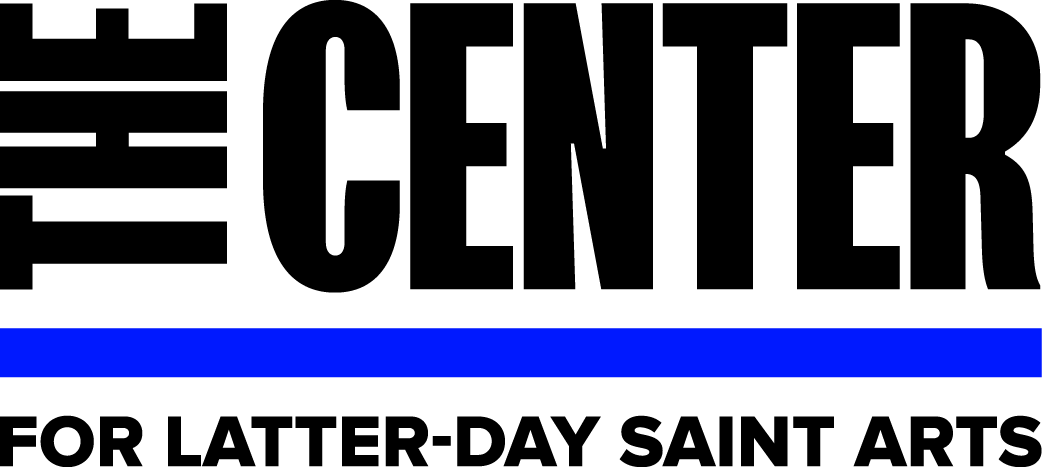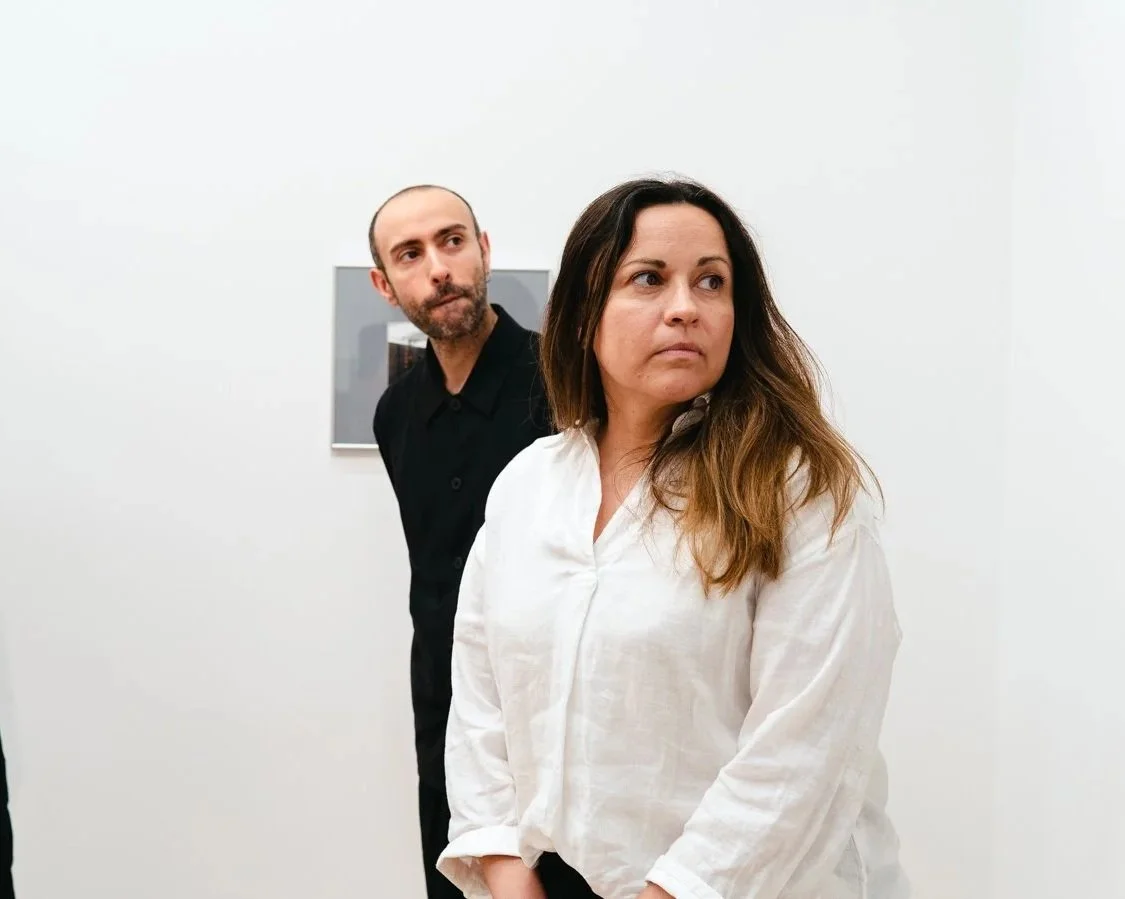On Motherhood: 2006
By Amanda Olson
Shared with permission of the writer
It is spring 2001. I am twenty-three. I am in my final semester of an MA program that has changed my life by giving framework and voice to all the thoughts flying around my head. I am “put together.” I am a “critical thinker.” I wear knee-high boots and short skirts when I teach my classes. I’ve quit pretending to be married. I am full of opportunity. I write this in an essay about motherhood:
I have carried a child on my left hip since I was nine years old; the oldest girl is often times the mother before she has her own children. I have never given birth to anything but an idea, so I tell my mother when disaster strikes with my sister: “Let it go with Rachel. We cannot be in charge of her anymore. We cannot force her to choose us, to choose God. There isn’t any rescue left in me, and I have had enough. I love her, but I am tired of it, Mother. I am done with this for a while.”
I used to think I knew what it was like to love a child, since now I have crooked hips from fourteen years of perched babies.
And then my mother responds: “You do not understand. She is my child. I will not let it go. I cannot allow these bones and blood that I have borne to forget their obligations, to forget themselves. I will run in to rescue my children even after my legs refuse to run and my arms cannot embrace or carry. I did not know what it was to love until my children came. I refuse to forsake these things that I love.”
*****
It is winter 2005. I am twenty-seven. I have given birth to my first child. He is fierce in his independence, even as a premature infant. I am nursing every two hours in the first two weeks. I offer desperate prayers of fear and exhaustion. (“Please bless Samuel to not be lonely in his bed down the hall. Please don’t let anyone judge him unfairly. Please help me know how to not be frightened.”) I wear my blue bathrobe every day after taking my mother to the airport. I leave detailed instructions with my mother-in-law before leaving my son with her for one hour. I fail to remember that she has been a mother nine times. She listens carefully. I write this in my journal:
My child is everything I could have been because he is the moment I can no longer be. I am not thinking of this as a death but as a refining. Regardless, my son will bear my refining as my firstborn child. He will not know what he is feeling; he will just know that he feels it—the way it asks him to live his life out as a debt. I have felt this from my mother’s subconscious. I bear her sacrifice of time and possibility; I bear it even when she did not know she was making an offering.
*****
It is autumn 2006. I am twenty-nine. Today, Thursday, Samuel and I are at the sailboat pond in Central Park. We are wearing sweaters. We are not holding hands. Samuel cannot quack strongly enough in response to the ducks. He is distracted by a toy sailboat that cuts sharply away from the wall near his feet. He begins to walk quickly, his hands raised and bouncing in time with his steps. The pond’s edge is too interesting to avoid, and he is trying to maintain his speed while negotiating the ledge’s uneven surface. He’d like to meet the sailboats. He walks a bit and then turns back to glance at me, meeting my eyes before marching on.
Moments later, am scolded by a woman and her nanny. They inform me that I am not watching my child closely enough. They are not convinced of my assertions that he is safe, that I am aware of him.
“It’s really very frightening,” the mother says to me, eyes narrowed. I do not respond.
Samuel is on his way again.
“It is very frightening,” I think. “This being a parent is frightening enough for you to employ assistance. What am I to do? I have a child who needs to be free. I am mitigating my role as his tether because I know what the collapse looks like when a mother cannot save her child from himself. Of course it is frightening.”
Samuel has found that two men are controlling the boats. He stops respectfully in front of their spot on the bench, leaving much space between them. His oration is then beautifully dramatic as he bends at the waist and points his finger, spouting a collection of important thoughts. The sailboat men stop their navigations to hear them all.
“I see,” one man says to the other, his eyes wide. He pauses. “This boy’s going to be a captain.”
“Without question,” replies the second man, who then looks at me. “He is not afraid.”
The first man salutes my son who raises his arm soberly in return. Samuel then turns to run along the path, stopping for a moment to look back at me.
And then I understand.
My child is not afraid, and my child does not mind that I am. He cannot give me a guaranteed life of submission and obedience and wise decisions, no matter how I try to strengthen my defenses for his success. But today, Thursday, at the Sailboat Pond, he can look back at me and give me a moment of acknowledgement that validates my new work, my new weight-of-the-world role as his mother who needs all the reassurance there is. And perhaps we really will remain above water, this child and I, if I can remember that he is not afraid of being the captain — that perhaps God made him purposefully able and anxious to steer.
“No. No, he is not afraid,” I reply, whispering to myself. I smile at the sailboat men and hurry to catch up to this soul, to my child, who has been steps ahead of me from the beginning.




